How K-dramas became our favourite form of emotional escapism
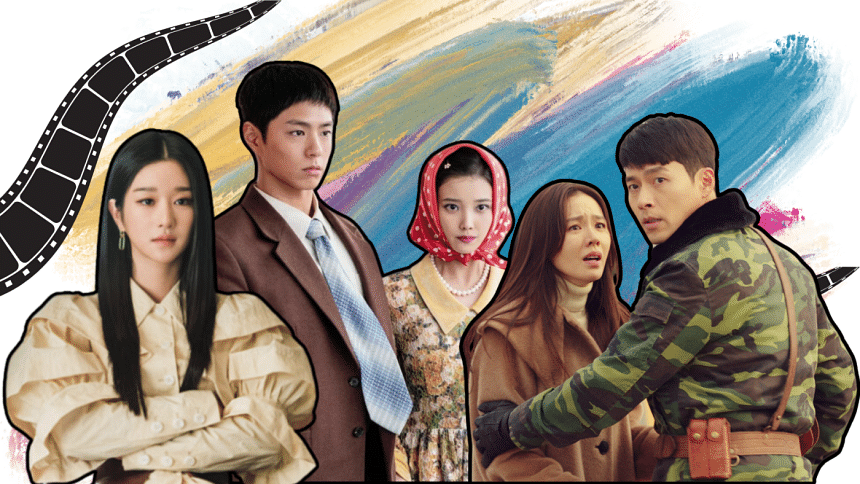
There are few things as consistent as our unstable Wi-Fi, existential dread, and a go-to playlist of Korean dramas to cushion reality's blows—especially for Gen Z, myself included. To love K-dramas is to willingly suspend disbelief, bask in a world where minor inconveniences spiral into grand epiphanies, and where misunderstandings are solved with monologues. The question is not why we watch K-dramas, but why, in a country that has its fair share of daily drama, we still crave more — and from 5,000 kilometres away, no less.
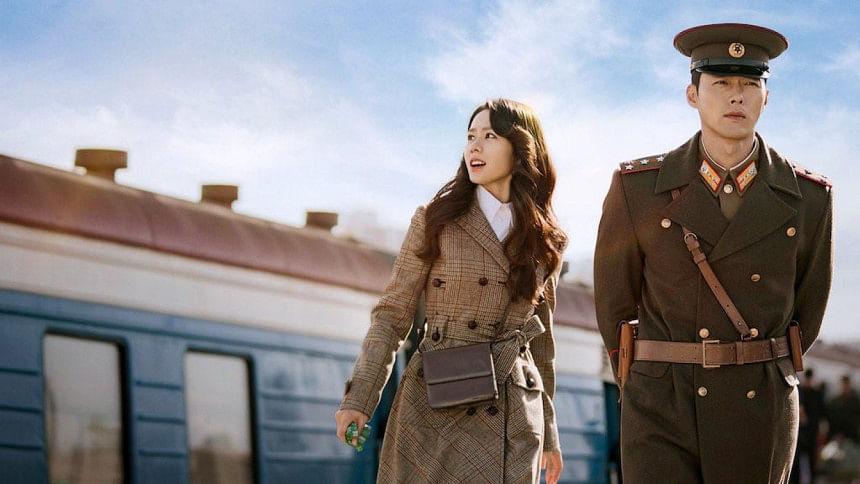
If you ask any K-drama fan why they started, you will get a hesitant shrug followed by a dissertation. For many, it began with a recommendation from a friend, a particularly well-edited TikTok, or perhaps the siren call of a mysterious plotline that promised a love with orchestral background scores. What started as casual viewing quickly morphed into emotional commitment because K-dramas are designed not to be watched but to be felt. Besides, once you have cried over a character you met two days ago, real-life interactions seem a bit underwhelming by comparison.

At the core of the K-drama phenomenon lies an almost scientific understanding of emotional pacing. These shows respect our need for slow-burns in a culture addicted to instant gratification. Where relationships are increasingly summarised by texting habits and double taps, K-dramas dare to suggest that maybe, just maybe, feelings need time to marinate. Watching two characters exchange longing glances for six long episodes before daring to hold hands feels less like passive entertainment and more like a spiritual awakening.

There is also the matter of aesthetics. K-dramas serve up a version of life where every coffee shop could double as a Pinterest board, every apartment looks like it belongs in a lifestyle magazine, and even hospital gowns seem suspiciously fashionable. For a generation reared on carefully filtered Instagram posts and relentless self-curation, K-dramas are less fantasy, more lifestyle aspiration. They are a beautifully colour-graded reassurance that life could, with enough mood lighting, look as perfect as we pretend it does online. Then again, not all of it is associated with surface beauty.
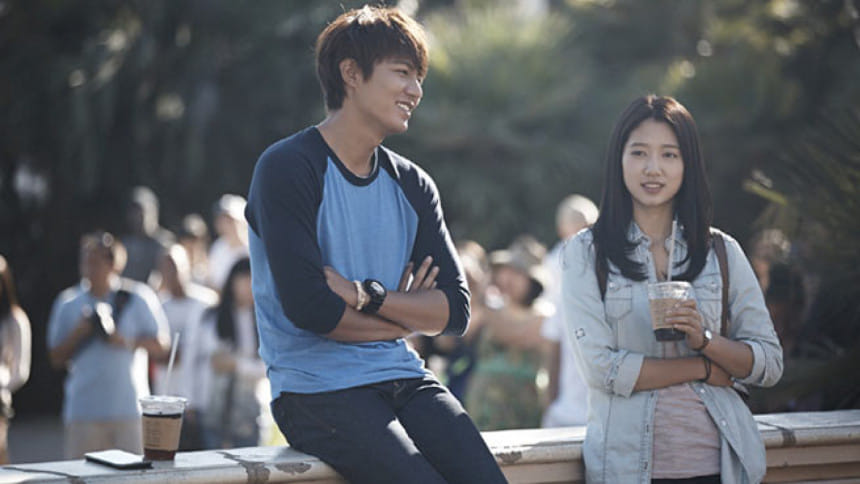
Gen-Z audiences, no strangers to the paradoxes of late-stage capitalism and hyper-individualism, find in K-dramas a surprising sincerity. Here, vulnerability is not a punchline but a plot in itself. Characters are allowed to weep without apology, confess without irony, and love without disclaimers. It is a refreshing alternative to the jadedness we sometimes wear like armour. In a way, watching a chaebol heir (heir to a large industrial South Korean conglomerate) wrestle with his feelings feels oddly relatable, even if the closest we have been to a family conglomerate is the group chat about splitting the dinner bill.
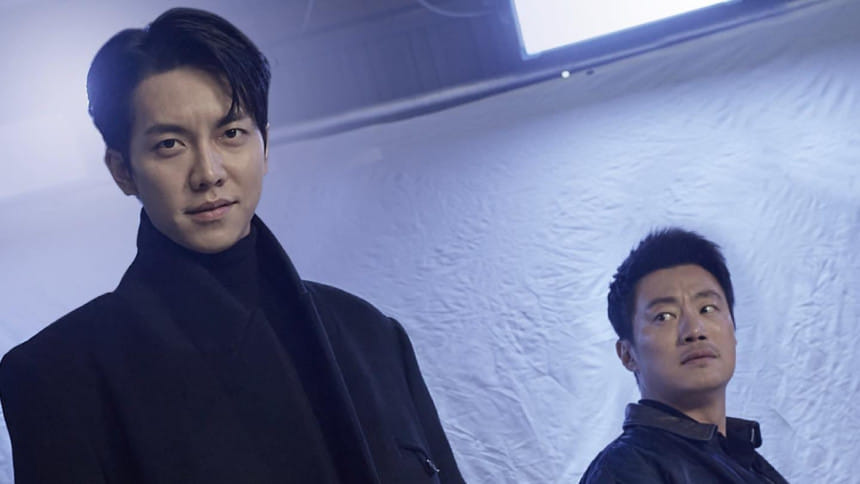
Another reason behind an intense attachment to these productions lies in the comforting predictability of their storytelling. Life, as we know it, has not been particularly generous with certainty lately. K-dramas promise that no matter how chaotic the middle gets — no matter how many mistaken identities, accidental kidnappings, or noble sacrifices clutter the path — the ending will deliver emotional justice. Villains will repent, protagonists will heal, and side characters will get their oddly satisfying mini-happiness. It is the kind of moral symmetry sorely missing from real-world headlines. Sometimes their tropes border on the outrageous: terminal illnesses appear and disappear with remarkably dramatic timing, accidental kisses practically become a public health issue, and characters suffer from selective amnesia more frequently than most of us forget our email passwords. However, pointing out K-drama logic flaws is like critiquing the architectural design of a sandcastle; one misses the point entirely. These stories are not meant to be perfect or logical; they are meant to feel like coming home after a day that did not go your way.
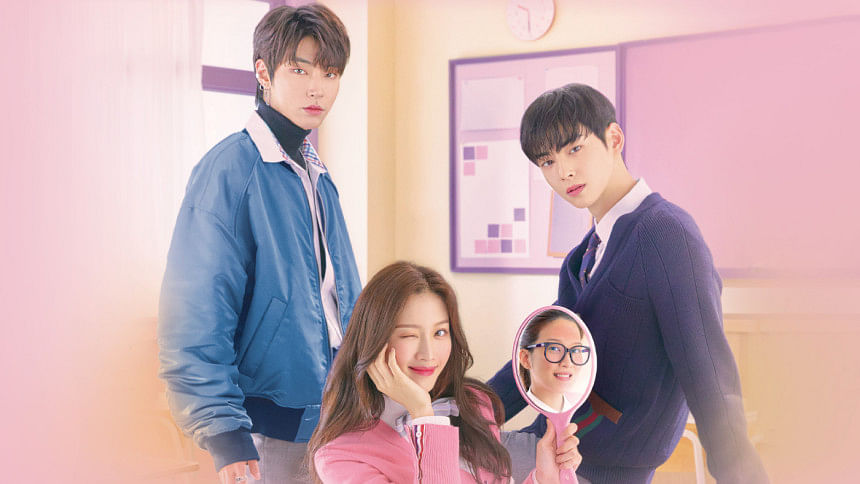
In Bangladesh, where Netflix queues and university deadlines compete fiercely for attention, the rise of K-drama viewership has developed from a passing trend into a generational inside joke — we all have that one friend who insists, "This drama will change your life"; we've lied about "just watching one more episode," and we've stared at a blank wall after a finale, wondering why the world feels just a little emptier. In the end, our collective devotion to K-dramas says less about the dramas themselves and more about us—a generation that, for all its wit and detachment, still craves tenderness. We still believe that somehow, everything will work out; preferably in exactly 16 episodes, with a dramatic soundtrack swelling in the background. Until that happens, we remain loyal, sleeves wet with tears and hearts full of impossible standards, clinging lovingly to a universe where good people win, love endures, and no apology is complete without a deep, meaningful bow.

 For all latest news, follow The Daily Star's Google News channel.
For all latest news, follow The Daily Star's Google News channel. 





Comments